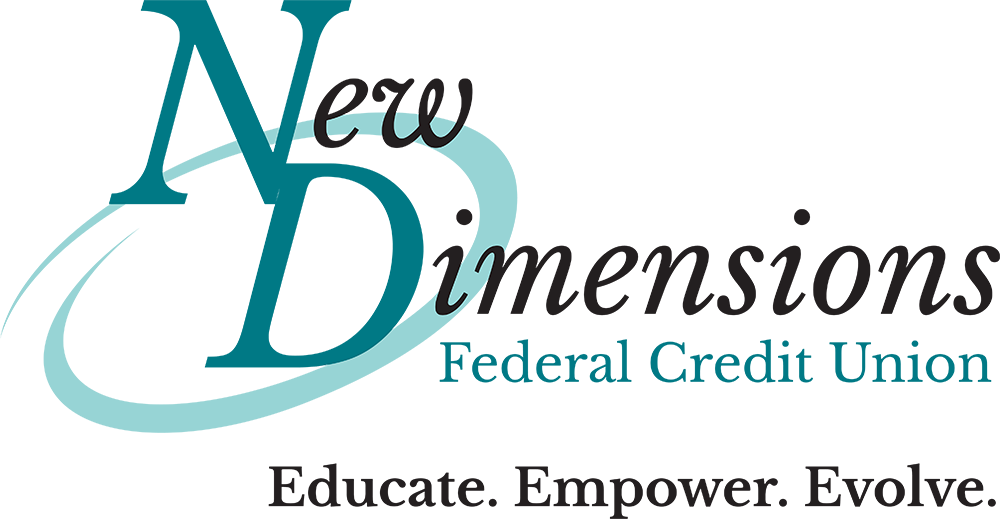How Important IS my Credit Score? (Part 1 of 3 series)
Your credit score is important to your financial future. Many individuals rely on credit to purchase items such as a home or vehicle. Achieving a top credit score is important and plays a large part in the interest rate you receive. When asked how to obtain a good credit score most people hear responses such as “Pay your bills and do not be late!” While this is accurate advice, there are other factors in obtaining a top credit score. In this 3-part series, we will dive into what goes into a credit score.
We define payment history as your ability to make payments each month and on a timely basis. On-time payments contribute to 35% of your score. How well you pay your bills currently and over the last 24 months has a larger impact on your score than the previous months. You may have had poor payment history in the past; however, you now are making your payments on time which has a greater impact on your score than your past payment history.
Because we live in a world of technology, it is virtually impossible to miss a payment. Here are 4 ways to help prevent missed payments:
- Reminders–There are reminder apps available that are designed to alert you when a bill is due. By using your mobile phone, you can schedule those alerts on a regular basis, so you are aware of an approaching due date.
- Automatic payments–Automatic payments can be set up in many ways. Using Bill Pay through your online baking feature allows you to set up reoccurring payments from your account. Other options include setting up automatic payments with each company, financial institution, merchant, or billing company you pay to have the money automatically sent to make your payment on or before its due date.
- Multiple payments a month–Setting up weekly, or bi-weekly loan payments throughout the month may be a good option if you need smaller portions taken out of your paycheck. An added benefit to this method is the interest you end up saving over the life of the loan.
- Due date–Avoid making late payments by distributing your bill due dates throughout the month. Contact your creditors and ask them to move your due date to the time of the month that works best for your budget.
Not only is payment history a huge factor in determining your credit score, but lenders can also use your payment history to gauge how likely you are to pay them back. Seeing poor payment history, even with a fair credit score, can deter lenders from approving a loan.
If you are having trouble making your payments on time, let us help. We can help you set up a budget, change due dates with your creditors, and even consolidate some of your bills. Stay tuned for next month’s article, Part 2 of Understanding your credit score: Credit Utilization.
Contact Carrielyn Reynolds at Creynolds@newdimensionfcu.com or by calling (207) 872-2771.
